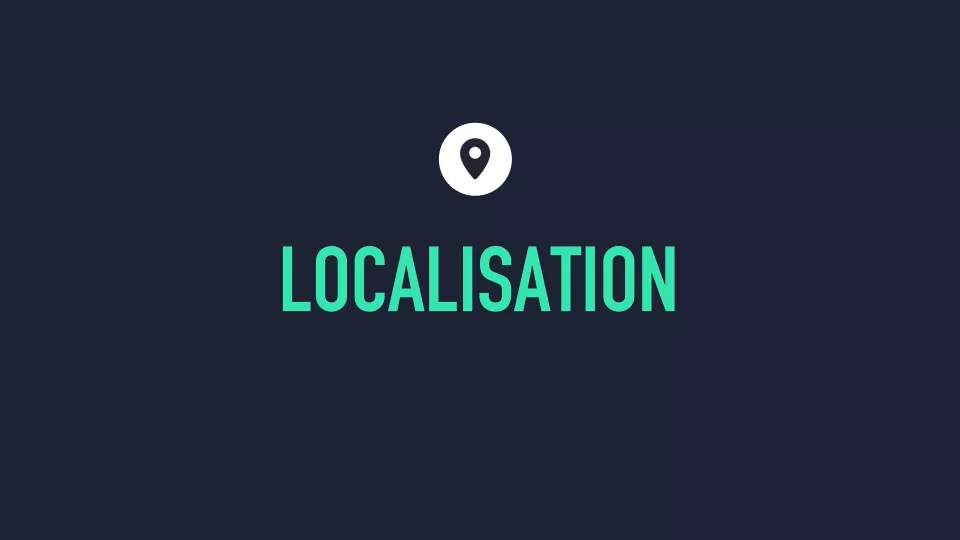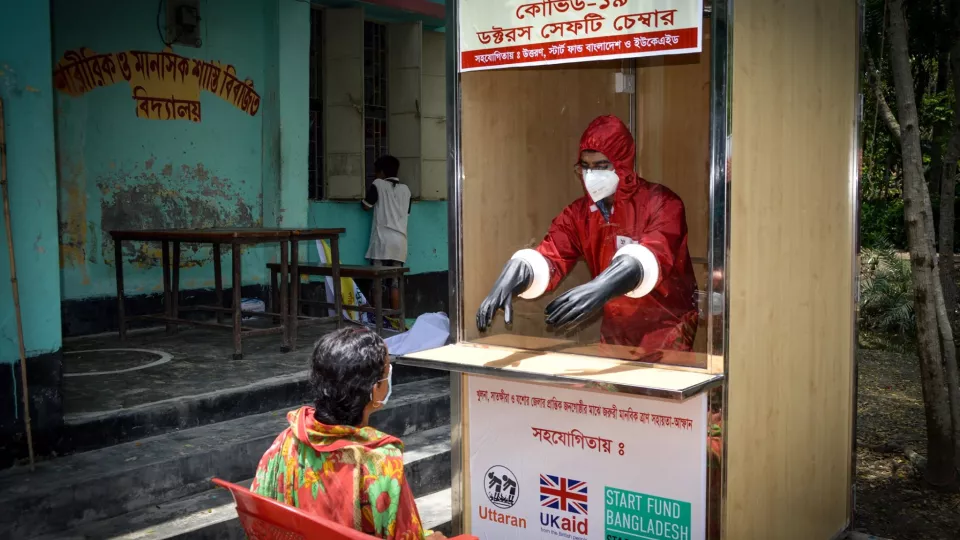
Search

¿Qué creen las comunidades afectadas por la crisis que hace que una intervención humanitaria tenga éxito?
En mayo de 2021, uno de los miembros locales de Start Network, de la República Democrática del Congo (RDC), respondió a la erupción volcánica del Nyiragongo, que provocó el desplazamiento y la evacuación de 450.000 personas .
Selon les communautes touchees par les crises, qu'est-ce qui fait le succes d'une intervention humanitaire ?
En mai 2021, l'un des membres locaux de Start Network, de la République démocratique du Congo (RDC), a répondu à l'éruption volcanique du Nyiragongo qui a vu 450 000 personnes déplacées et évacuées.
How do crisis-affected communities define a ‘successful’ humanitarian intervention?
In May 2021, one of Start Network’s local members, from the Democratic Republic of the Congo (DRC) responded to the Nyiragongo volcanic eruption which saw 450,000 people displaced and evacuated.
The value of Start Network membership to our new local and national NGO members
In 2020, 12 non-governmental organisations from Pakistan, India, and the Democratic Republic of the Congo joined Start Network. To reflect on the value of a locally led network and the challenges of building one we hear from the new members experience and stories from their engagement with Start Network. These are synthesised into three main themes – operational practices, visibility and credibility. The report demonstrates that new members perceive significant value in joining Start Network, from improvements in policies to increased credibility and visibility. Although new members perceive value in Start Network membership, new members have made recommendations for how to further increase that value. Start Network should ensure that new members are continually supported to improve and strengthen their organisational systems, such as SOPs, policies, and practises. Improvements in credibility could be further made by providing a formal recognition of Start Network membership and giving more visibility to new members as well as providing training on digital presence.
Start Network’s call to action to the new Emergency Relief Coordinator
The new Emergency Relief Coordinator (ERC), Martin Griffiths, has officially started his role as the Under-Secretary-General for Humanitarian Affairs, the most senior humanitarian role at the United Nations. He will be leading the policies and strategic decisions of the Office for the Coordination of Humanitarian Affairs (OCHA) which will have an impact across the humanitarian sector and the way the sector responds to crises.

Opportunities to change the way we evaluate humanitarian responses
In 2020, Start Network undertook a number of consultations with communities that were supported by its funding. This included a large household survey in Senegal evaluating the quality and impact of assistance in anticipation of drought through ARC Replica, as well as the perceptions of people assited in Pakistan, India and DRC as part of our due diligence pilot. Central to the planning of these evaluations was an intention to be as inclusive as possible by amplifying marginalised voices, and to ensure that the people interviewed were able to express themselves in their local language by hiring local consultants to conduct interviews.
Three benefits of due diligence from the perspective of new members
We wanted to understand the value that Start Network membership has brought to new members, including the value of our due diligence process. Based on interviews conducted between November and December 2020, here are the three main ways that due diligence has benefitted our new members from their perspectives.

Sharing of Indirect Cost Recovery as a commitment to localisation
Start Fund Bangladesh, since its inception in 2017, has been advocating to change the deep-rooted partnership practices that hinder localisation commitments, one of which is the equal sharing of ICR. Although changes were not reflected initially, in 2019 a few Start Fund Bangladesh INGO members started negotiating with their head offices and became successful in ensuring a share of ICR went to their local partners.

Covid-19 Response in Bangladesh
Using local membership strength of a pooled funding mechanism to extend humanitarian support during a pandemic.
